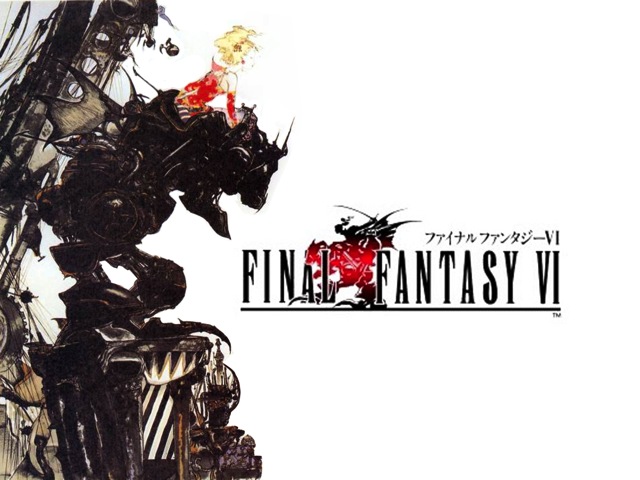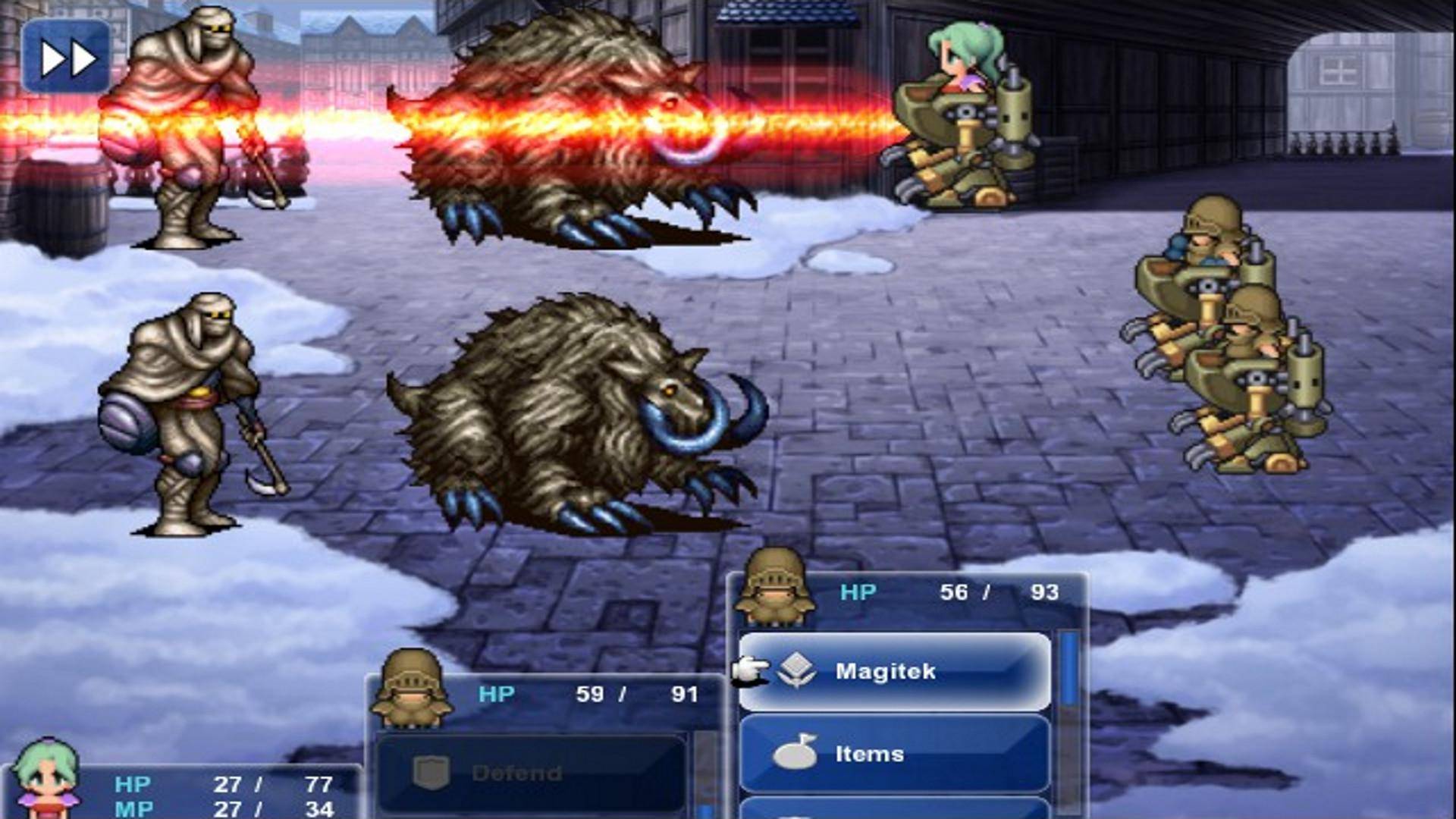


Neither composers’ works exhibit much of a focus on dense contrapuntal structures or other technical complexities. A comparison with Ennio Morricone (and his best works) feels apt in several ways. And it’s in no way a case of quantity over quality – Uematsu’s melodic inspiration has never been stronger than here. Uematsu writes more than a dozen recurring, stunningly versatile motifs, weaving almost all of them together during “Ending Theme” – its run time of 22 minutes far beyond the conventions of game (and film) music. He and other RPG composers had deployed leitmotivic constructs before, but never to the degree that the Final Fantasy VI soundtrack does. To a degree, simple figures already provide an idea of Uematsu’s monumental accomplishment. However, Final Fantasy VI took the quality of Uematsu’s compositions, the depth of his thematic work, the strength of his melodies and the subtlety and richness of their emotional effect to new heights. Of course, previous Final Fantasy scores had been excellent as well. Indeed, the Final Fantasy VI soundtrack is a quantum leap for Uematsu – and you can see why he would have said in retrospect that “ Final Fantasy VI was a sort of ending point” for him and that he felt he “could quit doing game music with no regrets”.
FINAL FANTASY VI SERIES
Thankfully, series stalwart Nobuo Uematsu matched his colleagues’ ambitions every step of the way – creating what, by general consensus, is one of the greatest game scores of all time. Said opera house scene was but one indication of how important music was to realising the developers’ high-flying vision. After all, how many games – before or after – would see the antagonist actually destroy the world, witness one of the main characters desperate enough to throw herself off a cliff, and insert a ten-minute opera sequence? In some ways, this was a work of mad, unbridled ambition, determined to present as dramatic and sweeping a narrative as 16-bit technology allowed for. However, what Square’s young developers accomplished – flying high on the success of the company’s previous SNES hits – was the perfection of the JRPG genre formula. You could argue that the game didn’t reinvent its genre or presented radically innovative gameplay concepts. Few gamers would doubt that Final Fantasy VI is one of those rarefied works. Final Fantasy VI Soundtrack (Pixel Remaster), Nobuo Uematsu / Various, 2022Ī few select video games acquire an almost mythical aura, something that elevates them even beyond the status of a classic.


 0 kommentar(er)
0 kommentar(er)
